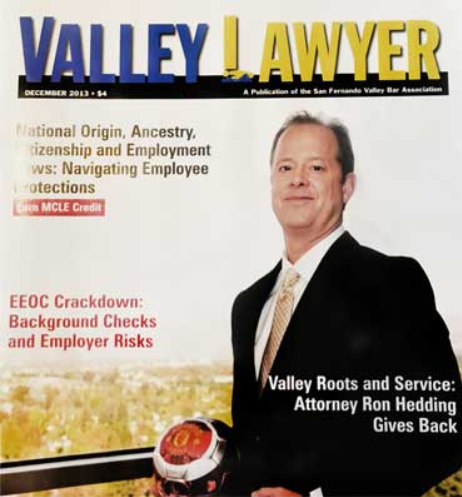In an era where the virtual domain shapes the narrative, establishing a prominent online presence is crucial for law practices. Legal keywords, while essential, are just the tip of the iceberg in building a robust SEO strategy. This article explores the intricacies of crafting a targeted SEO approach that extends beyond keywords, ensuring that your law practice not only ranks high in search results but also resonates with your audience and stands out in the competitive digital legal landscape.
Understanding the Power of Legal Keywords
 Legal keywords serve as the bedrock of your SEO strategy. These are the terms and phrases potential clients use when searching for legal services. Conduct comprehensive keyword research to identify relevant and high-impact keywords related to your practice areas. Moreover, harnessing the benefits of SEO for law firms extends far beyond mere visibility in search engine results. It’s about crafting a digital presence that not only attracts potential clients but also establishes your firm as a credible and authoritative source.
Legal keywords serve as the bedrock of your SEO strategy. These are the terms and phrases potential clients use when searching for legal services. Conduct comprehensive keyword research to identify relevant and high-impact keywords related to your practice areas. Moreover, harnessing the benefits of SEO for law firms extends far beyond mere visibility in search engine results. It’s about crafting a digital presence that not only attracts potential clients but also establishes your firm as a credible and authoritative source.
Considering Long-Tail Keywords
While broad legal keywords are essential, long-tail keywords offer a more nuanced approach. These are specific, detailed phrases that reflect the unique services your law practice provides. Incorporating long-tail keywords into your content not only hones in on your target audience but also helps your website rank for more specialized and sought-after legal queries.
Connecting With Your Community
For law practices, local SEO is a game-changer. Ensure that your online presence is optimized for local searches by including location-specific keywords. This not only attracts clients in your geographical area but also reinforces your firm’s connection to the community. Leverage local directories, claim your Google My Business listing, and foster positive online reviews to bolster your local SEO efforts.
Providing Value Beyond Keywords
While keywords are essential, content reigns supreme in the world of SEO. Craft informative, engaging, and relevant content that addresses the legal questions and concerns of your audience. Create blog posts, articles, and guides that showcase your expertise, providing valuable insights beyond the traditional legal jargon. Quality content not only attracts visitors but also positions your law practice as a trustworthy authority.
Adapting to On-the-Go Users
With a significant portion of internet users accessing content on mobile devices, mobile optimization is non-negotiable. Ensure that your website is responsive and delivers a seamless experience across various screen sizes. Mobile-friendly websites not only satisfy users but also receive favorable treatment from search engines, contributing to improved SEO performance.

Forging Digital Alliances
Build a network of quality backlinks from reputable sources within the legal industry. Link building not only enhances your website’s authority in the eyes of search engines but also positions your law practice within a larger digital community. Collaborate with legal associations, contribute to legal publications, and engage in guest posting to establish a robust link profile.
In Conclusion
In the competitive field of law practices, a targeted SEO strategy goes beyond merely incorporating legal keywords. It involves a multifaceted approach that combines keyword precision, local optimization, content quality, user experience, and adaptability to emerging trends. By embracing the holistic nature of SEO, your law practice can not only climb the search rankings but also cultivate a meaningful and enduring connection with your online audience.…


